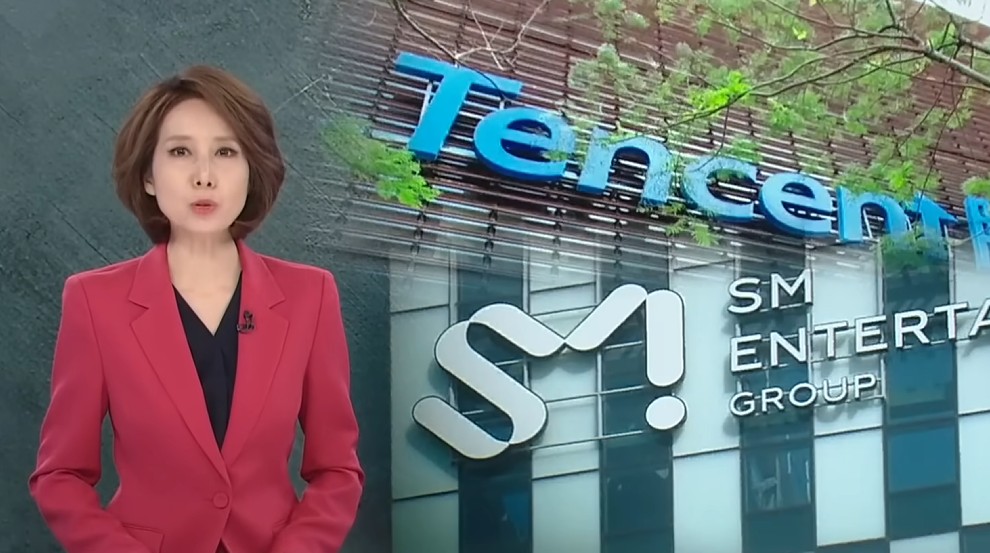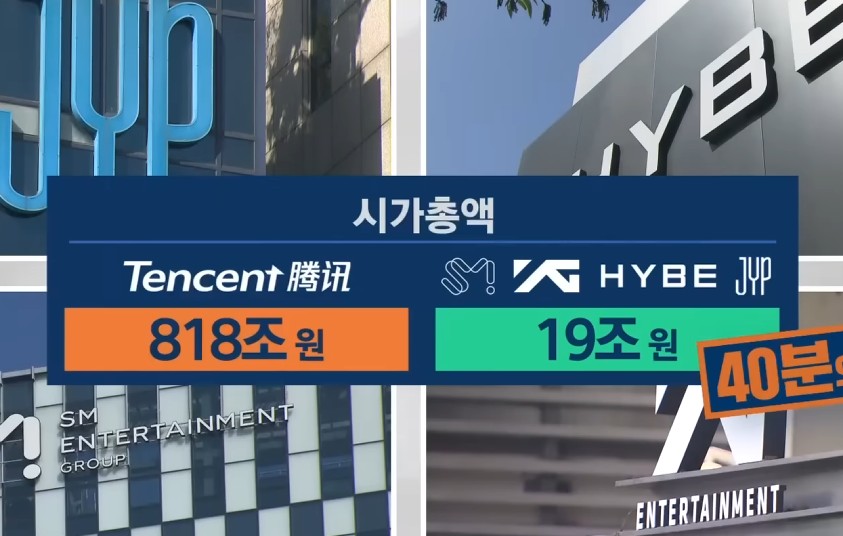Tencent SM Entertainment Partnership Raises Red Flags in K-pop Industry
The increasing financial involvement of Chinese tech giant Tencent in SM Entertainment is drawing major attention across the K-pop world. With Tencent now confirmed as the second-largest shareholder in SM, industry watchers are raising concerns about how this move might reshape the future of Korean entertainment.
This shift comes amid a renewed wave of cultural exchange between South Korea and China. After years of restrictions, K-pop groups are once again performing in China and releasing Chinese-language albums. With the Chinese market wide open again, Korean entertainment agencies are seeking fresh opportunities—and Tencent is leading that charge.
Together, Tencent and SM Entertainment are planning joint projects, including new Chinese idol groups designed to capture the fast-growing Chinese fanbase. Many see this as part of a broader strategy to replicate the success of K-pop within China, using Korean-style training, visuals, and production.
READ MORE: All of Us Are Dead Season 2 Starts Filming in July
READ MORE: Hearts2Hearts STYLE Comeback: Bright, Fun, and Fresh

What makes this development especially significant is the sheer size and power of Tencent. The company’s market capitalization is estimated at around 818 trillion Korean Won, which is over 260 times greater than SM Entertainment’s. In fact, Tencent alone holds more capital than Korea’s top four entertainment agencies combined.
While some view this partnership as a positive step toward global expansion, others are sounding the alarm. Critics warn that unchecked Chinese investment could lead to a loss of creative control and cultural influence over time. There are growing fears that the Korean content industry could become financially dependent or even vulnerable to outside influence if domestic oversight is lacking.
The Tencent–SM Entertainment deal is being described by analysts as a critical turning point—a test of whether the Korean entertainment industry can expand globally without compromising its cultural identity and artistic direction. It highlights the delicate balance between embracing global opportunities and preserving local control over creative content.
As the partnership unfolds, the K-pop industry will be closely watching whether this collaboration enhances Korea’s global influence—or dilutes it. For more of such news, check out the link below.














Leave a Reply